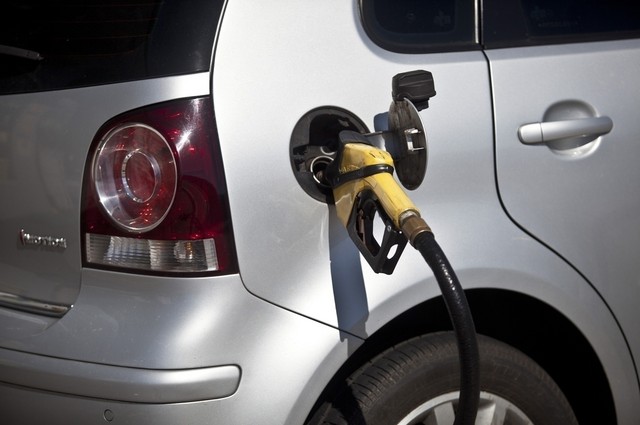Petrol
Petrol Prices Surge to N990 in Abuja, N960 in Lagos as Oil Tops $80 Per Barrel

The Nigerian National Petroleum Company Limited (NNPC) has increased the pump price of petrol at its retail outlets.
This increase is in response to rising global crude oil presently trading at $80 per barrel.
The pump price in Abuja has risen from N965 to N990 per litre while Lagos now sees a price of N960 per litre from N925.
The increase follows the full deregulation of Nigeria’s downstream oil sector announced by President Bola Tinubu to align domestic petrol prices with global market dynamics.
The price hike comes shortly after NNPC reduced petrol prices on January 23 to N925 per litre in Lagos and N965 in Abuja.
However, the recent surge in international crude oil prices, particularly Brent crude, which serves as Nigeria’s benchmark, has necessitated the upward revision.
The Dangote Refinery recently raised its ex-depot price for petrol from N899 per litre to N955 per litre with a plan to sell at N970 per litre at retail pumps.
Minister of Petroleum Resources (Oil), Heineken Lokpobiri, reiterated the implications of deregulation, stating, “Global oil price will now determine how much the price of fuel will be sold. This means that prices of products will henceforth fluctuate, the same way it is globally.”
Investors King gathered while NNPC stations have adjusted prices accordingly, private retail outlets, including Shema, Bovas, AYM Shafa, and Zamson Oil, are reportedly selling petrol at rates between N1,000 and N1,030 per litre, particularly along the Abuja-Keffi axis.
In a separate development, NNPC disclosed ongoing efforts to combat crude oil theft in the Niger Delta.
Between January 11 and 17, 2025, the company said uncovered 55 illegal refineries, 29 illegal pipeline connections, and arrested 30 suspects in connection with oil theft.
“Security personnel dismantled illegal refineries churning out black market petroleum products,” NNPC stated in a documentary shared on its official YouTube channel.
The operations, carried out with industry-wide collaboration, continue to target hotspots such as Buguma Southeast, Bile, and Okoloma in Rivers State, and Ukwa in Abia State.